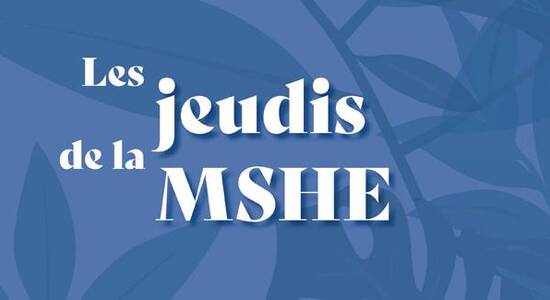Revolution through the ballot box, Economic Reforms and Islamic Finance: complexity and transformation of the Malaysian Capitalism (2008-2019)
Révolution par les urnes, réformes économiques et finance islamique: complexité et transformations du capitalisme malaisien (2008-2019)
À la suite des élections du 9 mai 2018, la Fédération de Malaisie est entrée dans une nouvelle ère, dite Malaysia Baru. Inattendu et historique, ce renversement guidé par le très vieux leader Mahathir Mohamad ouvre la voie à une reprise en main de la souveraineté du pays, face à la Chine, nouveau centre de gravité de l’Asie orientale. Nous proposons, dans ce double séminaire, d'éclairer cet événement historique pour l'Asie du Sud-Est : il s'agira alors de dégager la structure du capitalisme malaisien dans une perspective d'économie politique institutionnaliste; d'en isoler le secteur bancaire et financier islamique, dont la Malaisie est leader mondial, pour mieux donner à comprendre sa nature et son évolution; et enfin d'en restituer la chronique des premières réformes de la Malaysia Baru en mettant l’accent sur les mesures prises vis-à-vis de la Chine. En effet, sous le précédent Premier ministre Najib Razak, la Chine s’était rapprochée de la Malaisie sur tous les plans au risque d’une dépendance accrue, accompagnée de corruption et d’un fort endettement public, sans pour autant en altérer les cohérences institutionnelles. La relation s’approfondit dans le cadre d’une dépendance aménagée et consentie à la Chine, tandis que le régime d’accumulation malaisien, dominé par l’État et l’insertion internationale, issu de la Nouvelle politique économique de 1971, pourrait être réorienté vers un compromis désormais moins défavorable au travail.
In the aftermath of the elections of May 9th 2018, the Federation of Malaysia entered a new era, the so-called Malaysia Baru. Unexpected and of deep historical significance, this political change, spearheaded by the 92 age-old leader Mahathir Mohamad, paved the way for the country’s sovereignty to be taken back from China. In this joint-seminar, we propose to draw the structures of the Malaysian capitalism, to focus on the Islamic banking and finance sector in which Malaysia enjoy the world leader's position, and to give an account of the first reforms, focusing on the measures taken with regard to China. Under the previous Prime Minister Najib Razak, China, the new center of gravity in East Asia, had moved closer to Malaysia in all respects, at the risk of increased dependence — and with the corollary corruption and high public debt — without altering its institutional architecture. Cooperation between the two countries is rapidly reconfiguring itself, but not moving towards a rift: it is the Malaysian accumulation regime, dominated by the State and international integration resulting from the 1971 New Economic Policy, that could move toward a distribution of income less unfavorable to work.
A Joint-seminar by:
Fazelina Sahul Hamid, Economist (Bank and Finance) School of Distance learning, University of Sciences Malaysia, Penang, is currently visiting scholar at Rennes 2 University (April-May 2019). http://pppjj.usm.my/index.php/en/profile-akademik/328-dr-fazelina-sahul-hamid
and
E. Lafaye de Micheaux, Economist (Political economy of development) author of "The Development of the Malaysian Capitalism, from British Rule to the Present Day", SIRD, 2017, University Rennes 2, Liris'associate researcher, has been associate researcher at the University Malaya from 2014 to 2016. http://case.ehess.fr/index.php?572
The two associate professors are part of the Asean-China-Norms MSH-B project (then IRN-CNRS 2019-2023) and have jointly submitted a Rennes 2-USM PHC Hibiscus proposal: "Extracting Malaysia, new patterns for sustainability" (2020).
The conference will be conducted in French and in English/ Q&A in both languages.
De 15:30 à 17:30



